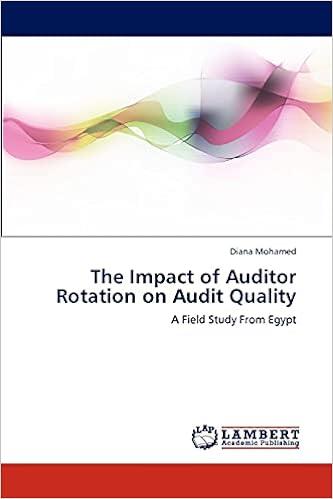


Jennifer, a single taxpayer, operates a business that produces $120,000 of income before any amounts are paid to her. She has no dependents and no other income. She has itemized deductions of $20,000. (The tax year is 2019.) 2(Click the icon to view the standard deduction amounts.) *(Click the icon to view the 2019 tax rate schedule for the Single filing status.) Read the requirement? a. Jennifer operates the business as an S corporation receiving a salary from the corporation of $75,000. The corporation distributes all of its remaining income to the shareholders. Begin by calculating taxable income for Jennifer under this scenario. Salary S corporation income Adjusted gross income 75,000 45,000 120,000 Minus: Itemized deductions Qualified business income deduction (20,000) (9,000) 91,000 Taxable income Now enter the income tax that would be paid by Jennifer and the corporation under this scenario, and compute the total income tax. (Use the 2019 tax rate schedules for all tax calculations. Enter a "0" if no tax is due. Do not round any intermediary calculations. Round your final tax liability to the nearest whole dollar) Income tax paid by Jennifer Corporation Total income tax Next compute the total income tax that would be paid assuming the additional facts under scenario (b). Ignore payroll taxes, b. She operates the business as a C corporation receiving a salary from the corporation of $75,000. The corporation distributes its after tax income to her as a dividend. Begin by calculating taxable income for Jennifer under this scenario. (Enter a "0" for any zero amounts.) (1) Salary (2) Dividend (3) Adjusted gross income Minus: (4) Ttemized Deductions . (5) Qualified Business Income Taxable income Now enter the income tax that would be paid by Jennifer and the corporation under this scenario. (Use the 2019 tax rate schedules for all tax calculations. Do not round any intermediary calculations. Round your final tax liability to the nearest whole dollar.) Income tax paid by Amount of tax Jennifer Corporation Total income tax c. How would the total tax change in each of the first two requirements if the corporation made no payments to the owner other than the salary? Let's begin by calculating any change in tax under the set of facts for scenario (a), assuming that the corporation made no payments to the owner other than the salary. (Enter a "0" for no change in tax.) Increase (decrease) in Income tax paid by Net effect on tax income tax Jennifer (6) Corporation (7) Now calculate any change in tax under the set of facts for scenario (b), assuming that the corporation made no payments to the owner other than the salary. (Enter a "O" for no change in tax. Use a minus sign or parentheses for a decrease in tax.) Increase (decrease) in Income tax paid by Net effect on tax income tax (8) Jennifer Corporation (9) 1: Requirement Compute the total income tax that would be paid assuming the following additional facts. Ignore payroll taxes. a. Jennifer operates the business as an S corporation receiving a salary from the corporation of $75,000. The corporation distributes all of its remaining income to the shareholders. She operates the business as a C corporation receiving a salary from the corporation of $75,000. The corporation distributes its after tax income to her as a dividend. How would the total tax change in each of the first two requirements if the corporation made no payments to the owner other than the salary? c. 2: Reference STANDARD DEDUCTION Filing Status Married individuals filing joint returns and surviving spouses Heads of households Unmarried individuals (other than surviving spouses and heads of households) $ $ $ $ 24,400 18,350 12,200 12,200 $1,300 $1,650 Married individuals filing separate returns Additional standard deduction for the aged and the blind; Individual who is married and surviving spouses Additional standard deduction for the aged and the blind; Individual who is unmarried and not a surviving spouse Taxpayer claimed as dependent on another taxpayer's return: Greater of (1) earned Income plus $350 or (2) $1,100. * These amounts are $2,600 and $3,300, respectively, for a taxpayer who is both aged and blind. 3: Reference Single The tax is: If taxable income is: Not over $9,700 Over $9,700 but not over $39,475 Over $39,475 but not over $84,200 Over $84,200 but not over $160,725 Over $160,725 but not over $204,100 Over $204,100 but not over $510,300 Over $510,300 10% of taxable income. . $970.00 + 12% of the excess over $9,700. $4,543.00 + 22% of the excess over $39,475. $14,382,50 + 24% of the excess over $84,200. $32,748.50 + 32% of the excess over $160,725. $46,628.50 + 35% of the excess over $204,100. $153,798.50 + 37% of the excess over $510,300. Qualified Dividends are taxed at a 15% rate for single taxpayers whose taxable income is higher than $39,375 but not over $434,550









